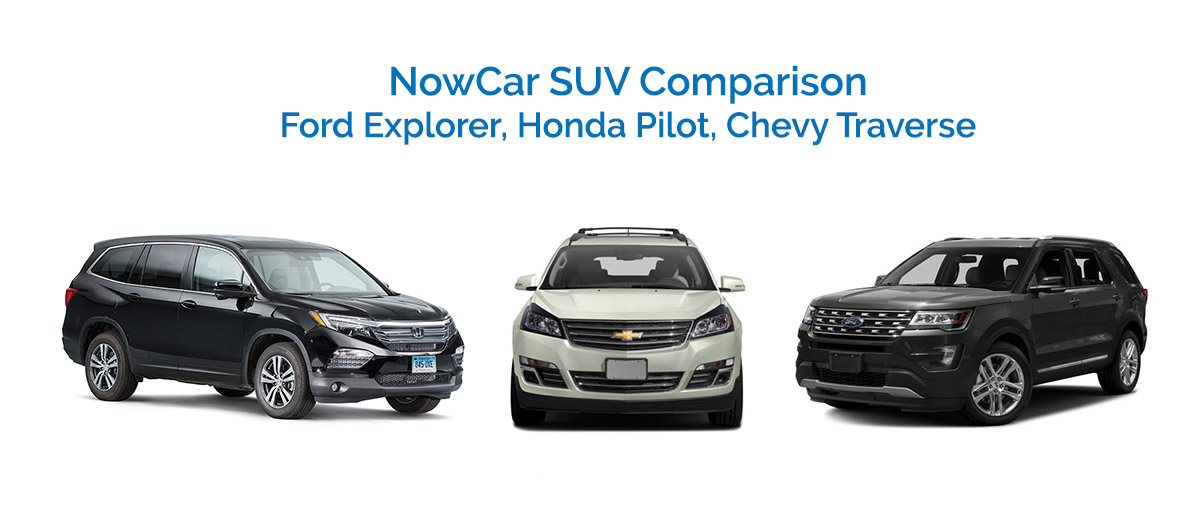
When it comes to acquiring a vehicle, understanding the readily available payment options is critical for making a notified decision. Below's just how financing and leasing alternatives are laid out to make certain clarity and complete satisfaction.
Funding Options: Having Your Dream Automobile. Funding permits customers to buy a car with a car loan, spreading out the cost over a set duration. Car dealerships often partner with banks, credit rating unions, and manufacturers' funding divisions to provide competitive finance plans. Right here's exactly how financing is typically presented:
Financing Term Options:. Consumers can select funding terms that suit their economic objectives. Much shorter terms, such as 36 months, lead to greater monthly repayments yet reduced overall passion costs. Longer terms, like 60 or 72 months, supply reduced regular monthly payments, making the purchase more manageable.
Interest Rates:. Dealers customize rate of interest based upon debt ratings, the size of the down payment, and market conditions. Purchasers are typically shown multiple prices from various lending institutions, allowing them to contrast and pick the best alternative.
Deposit Adaptability:. Customers are encouraged to make a deposit to decrease lending quantities. Dealerships likewise analyze trade-in automobiles, applying their worth straight to the new purchase, which can better lower expenses.
Marketing Offers:. To bring in purchasers, dealerships often offer incentives such as 0% APR for a limited term, cashback offers, or minimized regular monthly payments for qualified applicants.

Settlement Openness:. Dealers utilize repayment calculators to show customers how funding terms, rate of interest, and deposits affect their monthly payments, making certain transparency in the financing process.
Leasing Options: Adaptability and Affordability. Leasing is optimal for customers that like lower month-to-month repayments and the capacity to upgrade to a more recent model every few years. Here's how renting choices are presented:
Lower Regular Monthly Prices:. Lease repayments are usually less than funding settlements because they just cover the car's depreciation throughout the lease term, not its complete worth.
Mileage Boundaries and Terms:. Dealers detail standard lease agreements, which usually include yearly gas mileage limits (e.g., 12,000-- 15,000 miles) If their driving practices require greater gas mileage., customers can adjust these limitations for an additional fee.
Upfront Prices:. Lease arrangements typically need marginal or no deposit. Any in advance prices are clearly clarified, including down payment or preliminary charges.
End-of-Lease Options:. When the lease finishes, consumers receive comprehensive guidance on what takes place. Alternatives include buying the car at its recurring worth, returning it, or trading it in for a new lease.
Unique Lease Offers:. Car dealerships often promote appealing lease terms, such as reduced initial prices or rewards for particular models, to make leasing much more enticing.
Customized Assistance for Clients. Car dealerships use a customer-first technique to present financing and leasing options. Financial experts thoroughly review:
The consumer's debt history and spending plan. Preferences for vehicle possession versus short-term use. Driving practices, which influence gas mileage demands. Interactive tools, such as repayment simulators, help clients compare financing and leasing options alongside. This transparent process permits buyers to see the prices, benefits, and compromises of each choice, equipping them to make certain choices.
Why Discussion Issues. By using clear, tailored, and versatile funding and leasing services, car dealerships make sure that consumers locate the best plan to fulfill their demands. Whether selecting to develop equity via funding or delight in the versatility of leasing, customers can with confidence repel with a layaway plan that works for them.
Navigation
Home
Latest Posts
Experience Luxury Redefined: The All-New Mazda CX-90
Published May 28, 25
1 min read
Discover the Vibrant New 2025 Mazda CX-70 in Cincinnati
Published May 25, 25
1 min read
Mazda CX-70: Raise Your Driving Experience
Published May 22, 25
2 min read